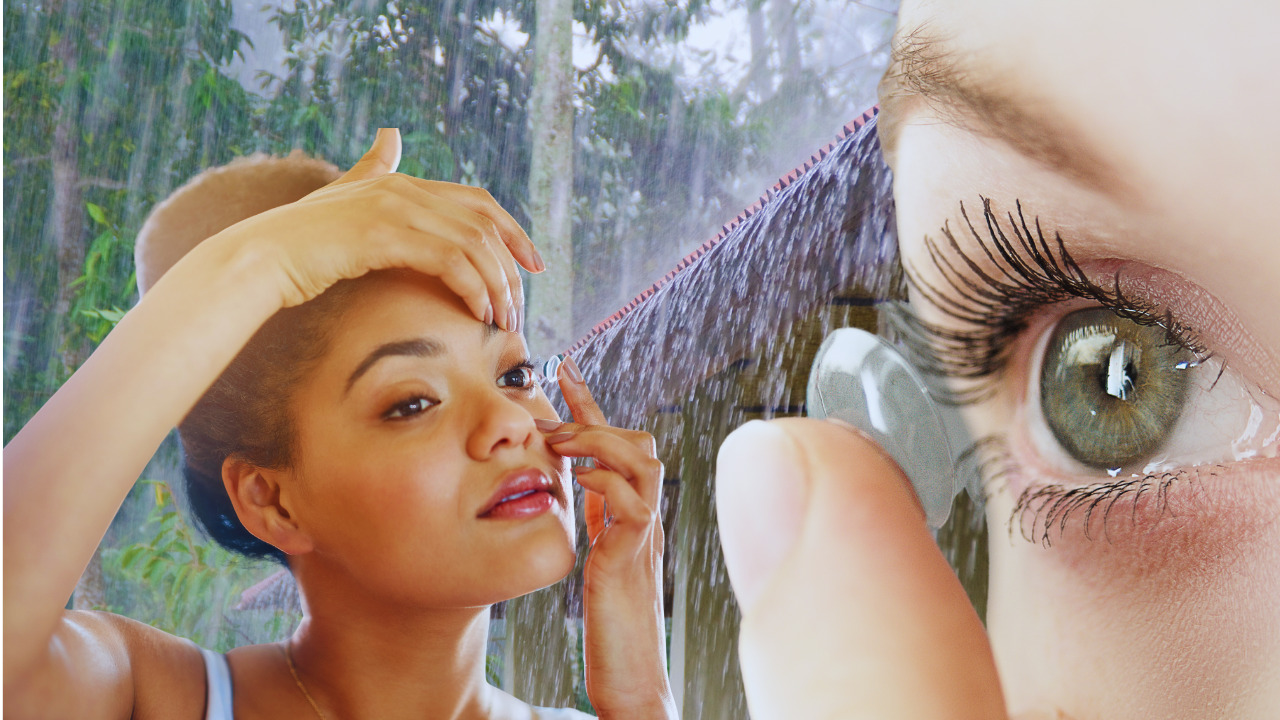Wearing Contact Lenses This Monsoon? Here Is What Eye Doctors Want You to Know

Credits: Canva
SummaryThe humid climate during the rainy season creates the perfect environment for viruses to thrive. Add to this the common flu, which weakens immunity, and your eyes become more vulnerable than ever. And for those who wear contact lenses, infections become even more troublesome.
End of Article
